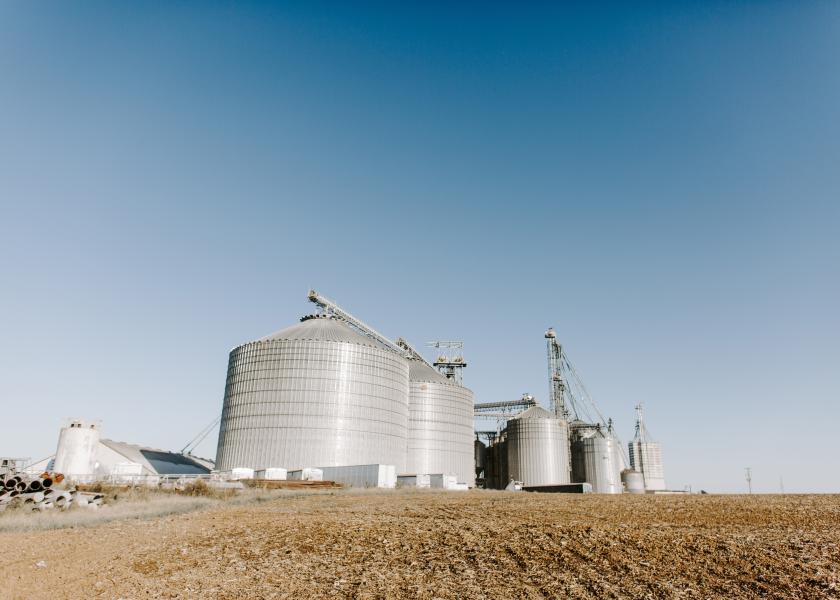Commodity Swaps Provide Flexibility and Can Reduce Risk

Picture this: You see the corn market offering a profitable futures price. You’re booking your inputs, so you don’t want to tie up cash for a margin call. Plus, committing to your grain delivery time and location makes you nervous.
What should you do to manage this future price opportunity? Consider a commodity swap, suggests Andrew Tasker, markets vice president for Rabobank.
Manage Price Swings
A commodity swap is used to hedge against commodity price swings by locking in a price. They are customized deals not traded on exchanges but often are traded as futures look-a-likes. To offer a commodity swap, a firm must meet requirements defined by the Commodity Futures Trading Commission.
Eligible groups can be financial institutions, insurance companies, commodity pools or brokers.
“Commodity swaps can be an important piece of a risk management plan,” says Melisa Culbertson, executive director, OTC structured products for R.J. O’Brien & Associates. “One of the most effective ways we see producers and consumers using commodity swaps is indirectly such as through commercial grain elevators.”
In most cases, Culbertson says, farmers enter a marketing contract with an elevator through an addendum within the physical grain sale. Some elevators or processors keep the trade created in the addendum and the physical grain sale on their books, hedge it on the exchange or hedge it with a swaps provider.
Commodity swaps function similarly to hedge-to-arrive (HTA) contracts, Tasker explains, but they give you more flexibility because you don’t commit to delivery.
Rabobank offers commodity swaps to its clients and because clients already have a credit relationship with the firm, they don’t pay initial or variation margin calls that would be required under a hedge on the futures exchange, Tasker says.
“Commodity swaps are another alternative to hedging on the board or an HTA,” he says. “But you don’t have to come up with all the cash to keep the position going. Essentially you are pricing the basis and futures component separately.”
Know the Rules
Research the tool provider and all the associated rules. “It is so necessary anytime you use a hedge of any kind, even if it is a marketing tool from their elevator, to understand it completely,” Culbertson says. “Do not be afraid to ask questions.”
Often, Culbertson says, low prices spur interest in commodity swaps as they can help enhance the prices farmers earn, but she encourages farmers to consider them also with high prices, as you could further increase profits.







